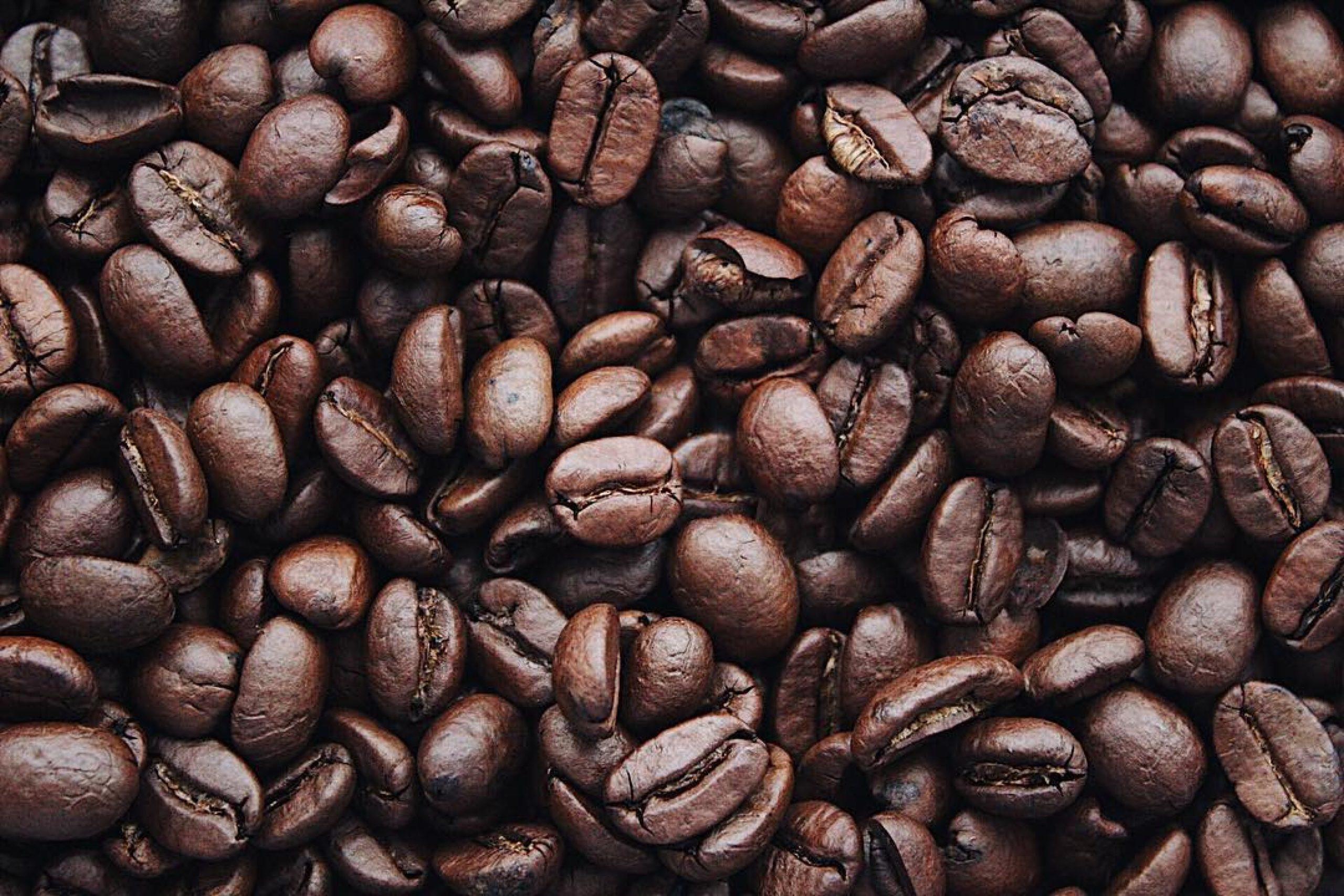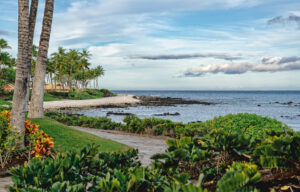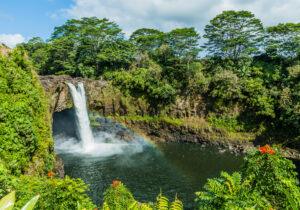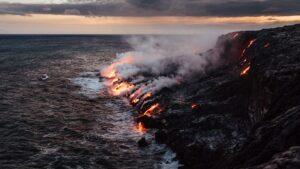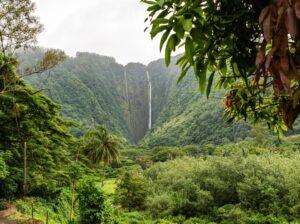Kona Coffee Fest on the history of coffee in Hawaiʻi. The Kona Coffee Festival is from November 4th to the 13th. Join us on our Big Island Circle Tour and visit the Premium Kona Coffee Farm to taste the famous coffee from Kona.
How did this ornamental tree imported into Honolulu in about 1813 by Don Francisco de Paula y Marin (Kamehameha the Great’s Spanish interpreter and physician) become Kona’s economic mainstay?
First Coffee in Kona
The first coffee was planted in Kona by missionary Samuel Ruggles in 1828 or 1829. These first arabica trees were taken from cuttings planted on Oahu a few years earlier. Coffee and Kona were a perfect match – Kona with its rich volcanic soil, hardworking family farmers, and perfect climatic conditions. Taste Kona’s coffee and you’ll sense its strength, the hand-picked quality that sets it apart.
Kona: Perfect for Coffee Cultivation
The first written mention of coffee in Kona was noted in 1840. Coffee was planted in several locations around the Big Island but was best suited to the Kona district. A few coffee fields are now in production outside Kona, but the vast majority of coffee is grown right here.
Hand-Cultivated Quality
Working these tropical coffee fields has always been laborious because everything – from planting to picking – is done by hand. Native Hawaiʻians and Chinese laborers first worked the large coffee plantations owned by Caucasians in the mid- to late-1800s. During the 1880s and early 1890s, Japanese immigrants began their coffee legacy in these same Kona fields.
Turn-of-the-Century Shift in Coffee Production
When the world coffee market crashed in 1899, the large plantations shifted to small Japanese-owned family farms. As the plantations gave up, land was divided into small 3- to 5-acre parcels and leased to the laborers. The cost of these early leases were one-half the crop, and by 1910, only Japanese coffee farms survived. The first Filipinos arrived to work the coffee farms about 1920, picking coffee during the season and returning to the sugar fields in the spring.
Kona Coffee Legacy and Heritage
Today many Kona farmers can lay claim to being fifth generation coffee farmers. Coffee is an economic mainstay of Kona, where farmers continue the tradition and honor their heritage with every harvest.
KONA COFFEE HAS ROYAL TIES
It’s a rarely recognized fact, but one of the mainstays of the world famous Kona coffee industry is tied to the enduring legacy of a princess and her vision to transform the lives of countless keiki. And likely, many of us give little thought to the fact that the land from which our favorite coffee grows has a direct connection to King Kamehameha the Great, the warrior king who first united the Hawaiʻian Islands.
Most of the coffee grown in North and South Kona is cultivated on land owned by Kamehameha Schools (KS). Kamehameha Schools leases agricultural parcels to more than 600 farmers in the Kona area who produce the majority of the region’s coffee. Additional crops on KS lands include macadamia nuts, ʻulu (breadfruit), cacao, exotic flowers, avocados, livestock, vegetables and fruits. It is the Kona coffee, though, that reigns as monarch of Kona’s varied produce. Average size of the farms leased from KS is seven acres. In all, more than 1,200 acres of KS-owned land are now in Kona coffee production. Some coffee farms leased from KS have been in the same family for four or five generations, since the Estate was created in 1884.
Kamehameha Schools is the largest private landowner in Hawai’i and among the top 20 largest private charitable foundations in the world. The trust was endowed by the will of Hawaiʻian Princess Bernice Pauahi Bishop (1831-1884), the great-granddaughter and last direct descendant of King Kamehameha I. Today, Pauahi’s land legacy encompasses more than 365,000 acres statewide. Roughly 99 percent, or 365,000 acres are designated to fulfill agricultural and conservation purposes, and approximately 5,000 are set aside for commercial and residential uses. Revenue generated funds Kamehameha Schools’ educational programs and services which include three K-12 campuses, more than 30 preschools and 100+ community collaborations serving over tens of thousands of learners per year.
In her Will, Pauahi directed that her lands be used to generate income for the creation and operation of the Kamehameha Schools. In carrying out the terms of her Will, the trustees of the Princess’ estate were instrumental in creating the long-term agricultural leasehold system which continues to serve both the schools and Kona’s coffee growers today. Kamehameha Schools owns 295,000 acres of land on the island of Hawaiʻi. Of that, nearly half has been in agricultural use for more than a century. And all of that is supported in part through the leasing of land to Kona’s coffee growers.

